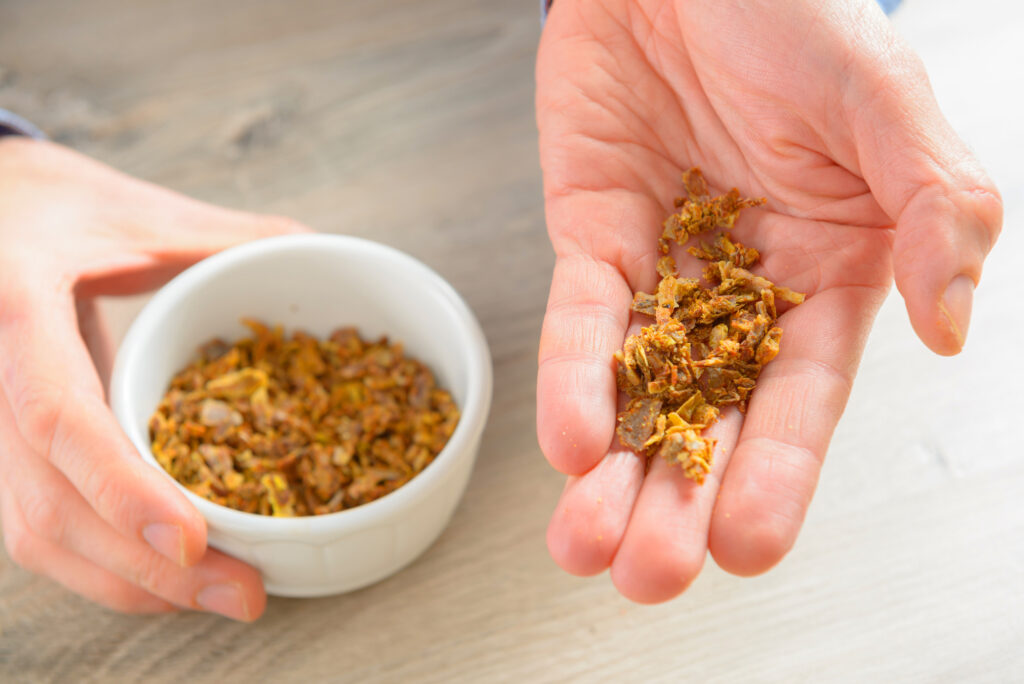“Although people living with HIV have excellent life expectancy thanks to existing therapies, one of the problems still faced is the question of premature aging—between 10 and 20 years compared with the non-infected population,” says Karen Ingrid Tasca, PhD, first author of a new study published in the June issue of Biomedicine & Pharmacotherapy. “They suffer from immunosenescence as immunity deteriorates rapidly, with early onset of diabetes, high blood pressure and neoplasia,”
This process of premature aging is due to chronic inflammation and constant activation of the immune system. According to Tasca, oxidative stress “goes hand in hand” with these two problems and must therefore be controlled in order to improve immune status and ward off the premature aging effects of HIV infection.
“The oxidative stress caused by the virus and anti-retroviral therapy has very adverse effects on these patients,” she says. “Interventions that minimize these effects are required in order to try to reduce these pathological processes and improve the patient’s quality of life and survival.”
To that end, Tasca and her colleagues from São Paulo State University in Brazil set out to determine whether propolis, a substance made by bees that has documented antioxidant, antiviral, and anti-inflammatory properties, could help combat oxidative stress and slow down premature aging in HIV patients.
The Study
For this double-blind, placebo-controlled study, the researchers divided a group of 40 HIV patients into two groups: half received 500 mg of propolis each day, and the other half a placebo. The scientists also monitored the participants’ dietary and health habits during the 90-day intervention period to guarantee that the results were not influenced by possible behavioral changes. To prioritize the health and safety of the participants, the study sample included only patients who were undergoing anti-retroviral treatment and had undetectable virus levels and ideal CD4+ T white blood cell counts.
At the study’s conclusion, the researchers found that the propolis group displayed a significant reduction in plasma levels of malondialdehyde, a marker of oxidative stress, as compared to the placebo group. Total antioxidant capacity also increased in the propolis group, showing direct combat of free radicals.
Conclusions
According to the authors, this study was the first time propolis has been shown to improve oxidative stress in HIV patients, meaning that it may provide multiple benefits. In addition to mitigating inflammation and oxidative damage, the authors wrote, propolis has the potential to “delay the onset of some underlying diseases that are more frequent, intense and appear earlier in this population.”
With that said, the authors noted that their study does suffer from several drawbacks, including the limited number of participants. They also note that more clinical research is needed, especially to determine whether propolis can be adopted in effective interventions for HIV patients who weren’t covered in this study, including those with comorbidities or who experience therapeutic failure.
“A great deal of research on the biological activities of propolis has been done in vitro, in cultured cells, and also in vivo, in experiments involving animal models, especially mice,” says Professor José Maurício Sforcin, PhD, one of the study’s authors who has researched the effects of propolis for almost 30 years. “More clinical trials are needed to reveal the potential benefits for human health of this resin produced by bees.”






